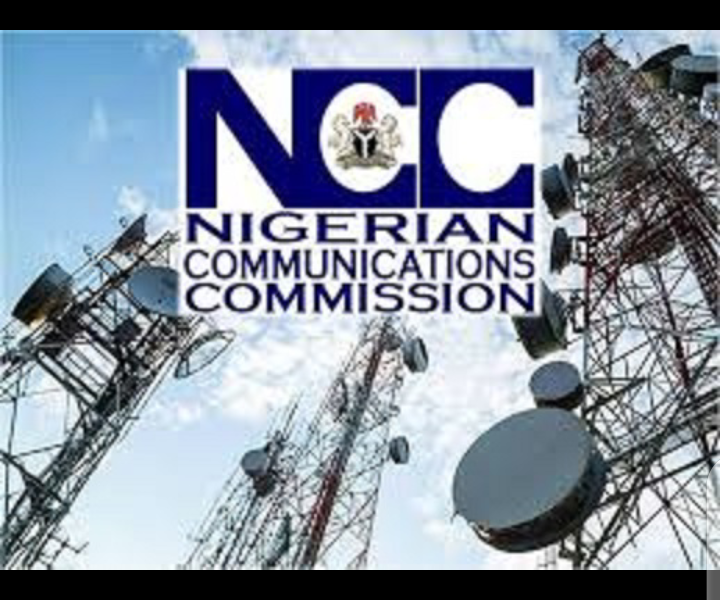The Nigerian Communications Commission (NCC) has directed telecommunication companies in Nigeria to conduct a comprehensive audit of their billing systems.
A source within the Commission, who requested anonymity, revealed this development to our correspondent.
The source confirmed that KPMG, one of the leading global audit firms, has been appointed to conduct the audit for one of the four major telecommunication companies in Nigeria. However, the specific company being audited was not disclosed.
Nigeria’s telecommunications industry is dominated by four key players: MTN Nigeria Communications PLC, Airtel Networks Limited (Airtel Africa PLC), Globacom Limited, and 9Mobile (Emerging Markets Telecommunication Services Ltd).
The source emphasized that the primary objective of the billing audit is to ensure that the billing systems of these mobile network operators (MNOs) are accurate and transparent.
“The billing audit is basically to ascertain that the billing systems of the MNOs are accurate,” the source stated.
In addition to the audit, the NCC is organizing a series of Focus Group Discussion (FGD) sessions to engage telecommunication service consumers across the country.
The aim of the focus group session is to engage telecommunication service consumers to ascertain their knowledge of tariffs and get recommendations on a better tariff system in the country, the source added.
The first of these focus group sessions was recently held in Abuja, with another planned for Lagos.
As the NCC continues its efforts to ensure fair billing practices and improve consumer satisfaction, the results of these audits and focus group discussions will likely play a crucial role in shaping the nature and cost of telecommunication services in Nigeria.
The Nigerian Communication Commission (NCC) recently said it is working towards achieving a 50% improvement in the quality of services (QoS) in the telecommunications industry by the end of this year.
The Commission said this in a statement signed by its Director of Public Affairs, Reuben Mouka, where it highlighted activities of the telecom regulator in the first year of President Bola Tinubu’s administration.
According to the NCC, the 50% QoS improvement is one of the targets set by the Minister of Communications, Innovation, and Digital Economy, Dr. Bosun Tijani and the Commission is working towards realizing this goal.
NCC said other targets in Tijani’s Strategic Agenda 2023, include boosting Nigeria’s broadband penetration rate to 70% by the end of 2025; delivering a data download speed of 25Mbps in urban areas and 10Mbps in rural areas by the end of 2025; and providing coverage for, at least, 80% of the country’s population, especially the underserved and unserved populations by the end of 2026.
While the NCC is working towards ensuring a more transparent and appropriate billing system, telecommunication operators in Nigeria have said that their services are overdue for price increments as they have not implemented any upward price adjustment in the last 11 years.
The operators stated this in a recent joint statement by the Association of Licensed Telecom Operators of Nigeria (ALTON) and The Association of Telecommunication Companies of Nigeria (ATCON). The two associations represent Mobile Network Operators and telecommunication companies in Nigeria.
According to them, the telecom industry is the only industry that has not reviewed its prices despite the rising inflation in the country and other economic realities that warrant increment. They blamed this on the regulatory restraints that have been preventing them from pricing appropriately.
The NCC regulates prices in the telecom industry and telecom operators are not allowed to implement any price change without the regulator’s approval. The regulator has said a cost-based study is being conducted to determine if it would approve price increments for the operators.









